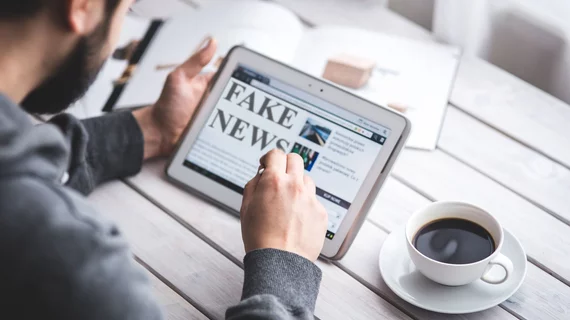How COVID misinformation goes viral—and how to beat it at its own game
People tend to perceive themselves as less swayed than others by COVID-19 misinformation, and the gap helps explain why some people are more open than others to lockdowns, mandatory masks and other governmental interventions.
The findings are from an online survey designed and analyzed by two communications scholars, Yang Cheng, PhD, MBA, of North Carolina State University and Luo Yunjuan, PhD, of South China University of Technology.
Their survey drew around 1,800 completed responses last April, and their peer-reviewed report is running in Online Information Review.
Cheng and Yunjuan based their COVID-specific hypothesis on the third-person effects theory. This posits that individuals have personal biases causing them to believe others are more affected than themselves by messages from mass media.
“Negative affections toward health misinformation directly affected public support for governmental restrictions rather than corrective action,” the authors conclude. “Support for governmental restrictions could further facilitate corrective action.”
Coverage of the study by N.C. State’s news operation notes that COVID misinformation often elicits feelings of fear, worry, disgust and other negative emotions.
Cheng says this effect can motivate the misinformed to perpetuate two deleterious chains of action.
“First, people are likely to act on content that evokes negative emotions, and that includes sharing information on social media,” she says. “Second, messages that are focused on emotions are more easily transmitted on social media than content that is neutral, such as abstract scientific information.”
Cheng suggests a solution may lie in scientific communicators’ willingness to show some messaging savvy.
“Since fear, worry or other negative emotions can facilitate information seeking or encourage people to avoid specific behaviors during a crisis,” she says, “communicators may want to consider using these emotional messages to convey accurate information about COVID-19 and public health.”

